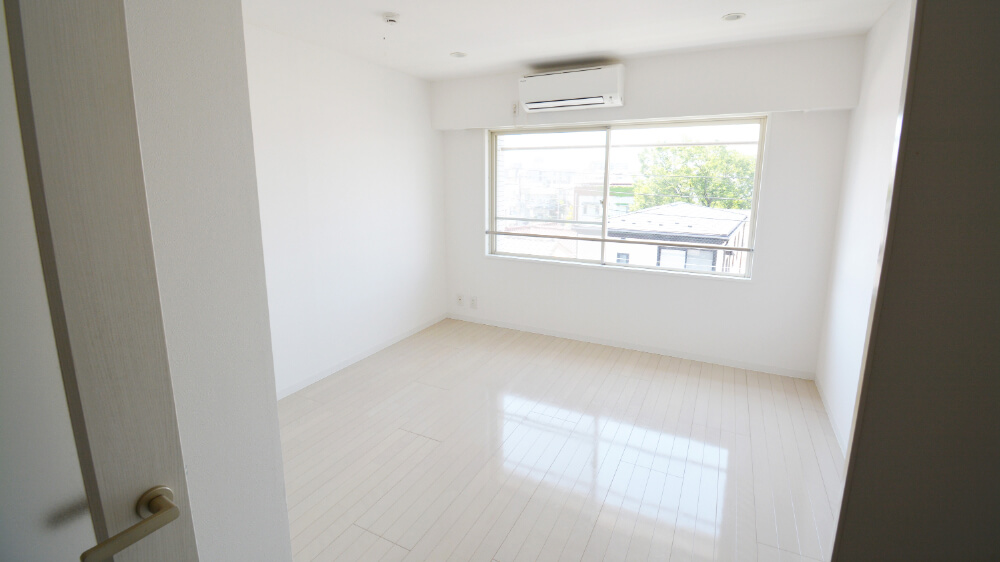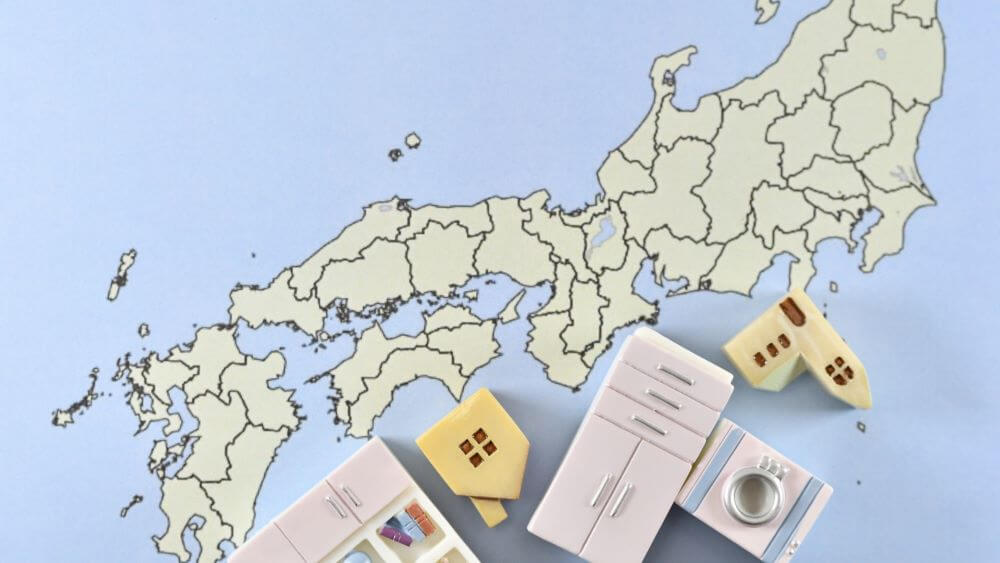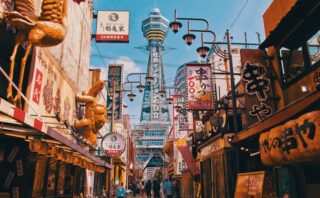For foreigners considering a move to Japan, rent prices play a major role when deciding which city to live in. This article compares the average rent in Japan’s major cities, helping you choose the best location that suits your lifestyle and budget.
Overview of Rent Prices in Japan
Rent prices vary not only based on location but also due to various factors, such as those listed below.
- Distance to the nearest station: Especially in big cities, proximity to a train station significantly impacts rent prices.
- Property size: In densely populated areas like Tokyo, the size of the property has a substantial effect on rent.
- Age of the building: Older buildings tend to be cheaper, and properties over 20 years old are often much more affordable.
- Sunlight exposure: South-facing properties are typically more expensive, while north-facing ones are cheaper.
- Facilities: Buildings without elevators, or properties with unit baths or tatami rooms, tend to have lower rents.
For more details on the factors that influence rent, check out this article:
Rent Comparison in Major Cities
| City | Studio (20-30㎡) | Family Type (60-80㎡) |
|---|---|---|
| Tokyo (Central) | ¥100,000+ | ¥200,000+ |
| Tokyo (20mins to Central) | ¥70,000-100,000 | ¥100,000-150,000 |
| Osaka | ¥50,000-60,000 | ¥80,000-120,000 |
| Kyoto | ¥50,000-60,000 | ¥80,000-120,000 |
| Nagoya | ¥50,000-60,000 | ¥80,000-120,000 |
| Sapporo | ¥40,000-50,000 | ¥70,000-100,000 |
| Hakata | ¥50,000-60,000 | ¥80,000-120,000 |
| Naha | ¥40,000-50,000 | ¥70,000-100,000 |
Tokyo
Tokyo is the most expensive city in Japan in terms of rent. In central areas like Minato, Shibuya, and Chuo wards, even single-person apartments typically cost over ¥100,000. As you move further from the centre, rents decrease, and it’s possible to find properties that you can save tens of thousands of yen within a 20-30 minute train ride from the city centre.
For more details, check out the Tokyo residential area guide.
Osaka
Rent in Osaka is roughly 20% cheaper than in Tokyo. While areas around Umeda and Shinsaibashi have higher rent, it’s not difficult to find properties under ¥50,000 in suburban areas. Considering it’s a major city in western Japan, Osaka offers relatively affordable housing.
Kyoto
Despite being a world-famous tourist destination, rent in Kyoto is not particularly high. It’s generally around 20% cheaper than Tokyo and similar to Osaka. Affordable properties are available in areas like Higashiyama and Fushimi, allowing residents to enjoy the historical atmosphere without breaking the bank.
Fukuoka
Fukuoka is one of Japan’s most popular regional cities, and its rent prices are fairly stable. Rent is on par with Osaka and Kyoto, though moving away from the central Tenjin area can yield even more affordable options.
Sapporo
Sapporo offers lower rent compared to other large cities, and you can find spacious properties at reasonable prices. It’s particularly attractive for nature lovers. However, be sure to factor in the cost of heating during the harsh winter months.
Nagoya
Nagoya offers excellent transport connections, making it easy to access both Tokyo and Osaka. Rent is comparable to Osaka, Kyoto, and Fukuoka. It is one of the ideals cities to live in, especially families with children due to the abundance of entertainment facilities.
Naha
Naha is the capital of Okinawa, known for its beautiful beaches and warm climate. Rent is lower compared to Japan’s other major cities, but properties with ocean views or those on remote islands can be pricier. Additionally, the unique geography of the region can lead to higher transport costs.
Tips for Renting Properties

Hidden Rental Costs in Japan
In addition to rent, you may need to pay key money, a security deposit, and agency fees. Most properties in Japan are unfurnished, meaning you’ll likely need to budget for furniture and appliances.
In Japan, a guarantor is often required for rental contracts, but there are now more options available for foreigners that don’t require one. It’s also helpful to familiarise yourself with utility and internet setup in Japan. For further details, refer to the following resources:
Rent is a major part of your living expenses. Use this article as a guide to find your ideal home in the city that fits your needs!









